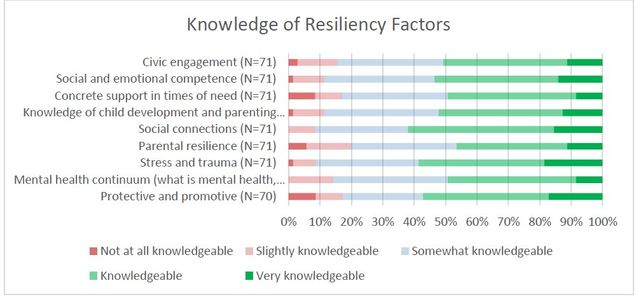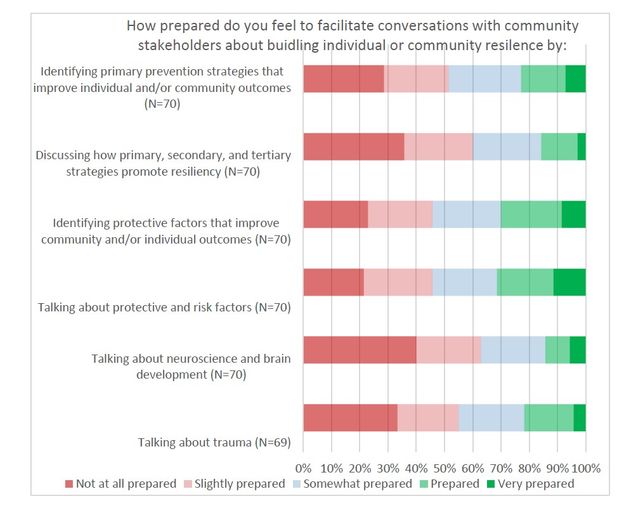What is the role of public health in building mental health? NEPHTC and Vermont Partners set a path.
NEPHTC, via partners at the Vermont Public Health Institute and the Vermont Public Health Association, commissioned an assessment of knowledge of mental health/resiliency tools and resources in the public health workforce in Vermont. To build on the mental health goals in the Vermont State Health Improvement Plan, NEPHTC and its partners attempted to discern the role for public health in preventing the onset of mental health challenges faced by Vermonters.
Download the assessment, conducted by the Center for Health and Learning, an expert nonprofit in the field of mental health and training, here. Report issued in October, 2019.
Download the Vermont State Health Improvement Plan here.
Focusing on the Vermont Public Health workforce and partnering community organizations and providers, this assessment puts public health into the chief health strategist role in the upstream area of mental health via training to apply resiliency frameworks through systems work.
Assessing the right groups
The assessment was informed by an interdisciplinary advisory group with awareness of community work, current community resiliency frameworks, strategies and efforts. It also included the Department of Health Workforce Development Group , the Director of the Agency of Human Services workforce development, and the new Director of Trauma Prevention and Resilience Development. The goals of the assessment were to identify priorities for an agency-wide resiliency training plan for the Vermont public health workforce.
Presenting the assessment results to the NEPHTC Advisory Committee, Heidi Klein shared a great insight. “Public health staff report a high degree of knowledge and a low degree of confidence in leading community conversations.” was a terrific quote from one of her slides.
NEPHTC is interested in spreading upstream approaches, where public health is meant to be
The New England Public Health Training Center (NEPHTC) provided funding in anticipation of future training work to apply upstream approaches and in anticipation of potentially spreading this method to other states.


Initial work planned as a result of this assessment is greatly informed by this assessment. The assessment found that language matters, so work will be done on sharing definitions of resiliency, in fact focusing on resiliency rather than trauma. Other work will be in describing how to highlight building resiliency and protective factors into existing programs. And as an aside, there was a call for mental health first aid training to all interested employees.
NEPHTC is proud to partner with organizations like Vermont Public Health Institute, The Vermont Department of Health, and the Center for Health and Learning. Creative approaches come from the front lines.


